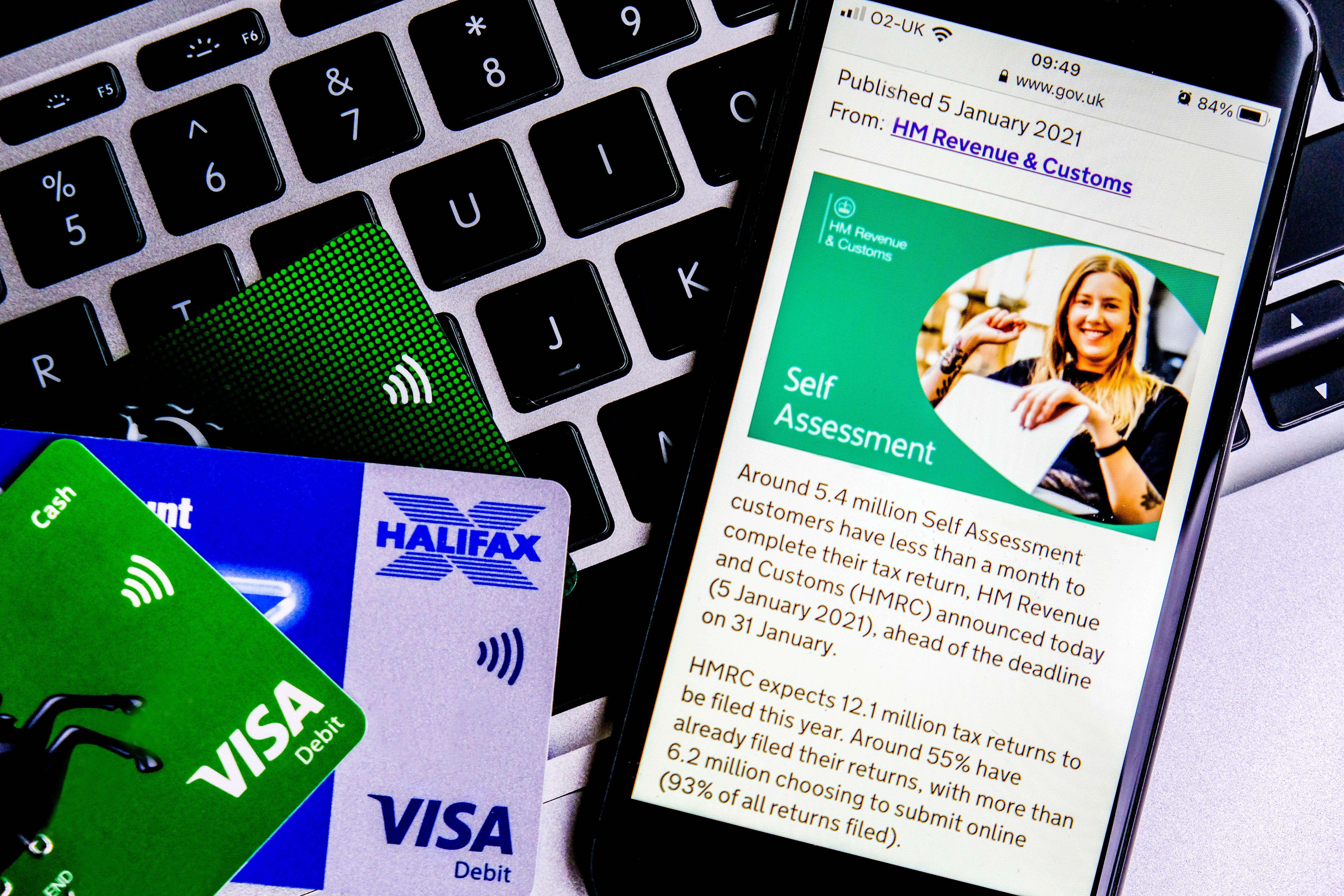These 4 big tax mistakes could be draining your finances – here’s how to avoid them
A financial planning expert tells Vicky Shaw about some common pitfalls when it comes to taxation.

Your support helps us to tell the story
From reproductive rights to climate change to Big Tech, The Independent is on the ground when the story is developing. Whether it's investigating the financials of Elon Musk's pro-Trump PAC or producing our latest documentary, 'The A Word', which shines a light on the American women fighting for reproductive rights, we know how important it is to parse out the facts from the messaging.
At such a critical moment in US history, we need reporters on the ground. Your donation allows us to keep sending journalists to speak to both sides of the story.
The Independent is trusted by Americans across the entire political spectrum. And unlike many other quality news outlets, we choose not to lock Americans out of our reporting and analysis with paywalls. We believe quality journalism should be available to everyone, paid for by those who can afford it.
Your support makes all the difference.Knowing which tax pitfalls to avoid can be a big help when it comes to being smart with your money.
Here, Shona Lowe, a financial planning expert at abrdn, highlights the common mistakes people risk making when it comes to tax, and shares her top tips on how to avoid them:
1. Not making the most of pension perks
“One way to potentially manage the amount of tax you pay on income is by saving some into your pension instead,” Lowe explains.
“This can reduce the amount you earn for income tax purposes and, on top of this, the Government will usually add money to what you save into your pension in the form of tax relief – effectively giving your retirement savings a boost.”
2. Leaving too much inheritance to the taxman
Giving gifts in your lifetime can help reduce the value of an estate and the potential inheritance tax bill.
But Lowe cautions: “One thing many people assume is that if they make a gift, that amount given away will always reduce the value of their estate straight away.
“Unfortunately, that’s not always the case, with some gifts taking seven years for the value to fully leave your estate for tax purposes. It all depends on the amount you gift, and who to. Because there are lots of different types of gifts, each coming with different rules, good record-keeping is really important.”
Lowe also suggests making sure you have an up-to-date will and power of attorney in place and that you tell your pension provider who you’d like any pension savings to pass to when you die.
3. Not managing capital gains tax
Capital gains tax (CGT) is charged when you sell, swap or give something away that has increased in value while you owned it. It can apply to investments.
Lowe says: “An option to help manage tax here is to hold your investments within a tax-efficient wrapper such as a stocks and shares ISA or pension so that the value can grow without attracting CGT. Or you might be able to spread your gain over a number of tax years. Specialist advice will often be vital here.”
4. Not making the most of your ISA allowance
Money saved into ISAs is ringfenced from the taxman and people can save up to £20,000 in ISA products in any tax year.
Lowe says: “Whether it be a cash ISA for an emergency fund, a stocks and shares ISA for longer-term goals or a Lifetime ISA which could help you save for your first home, there are various options to choose from.
“Also, if you want to save for your children or grandchildren, they get their own Junior ISA allowance of £9,000.”